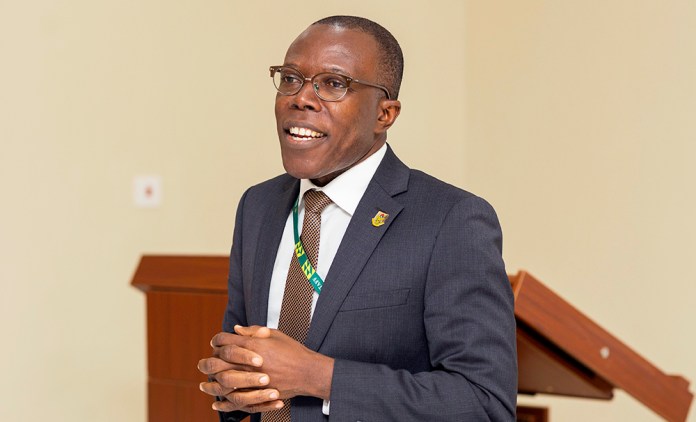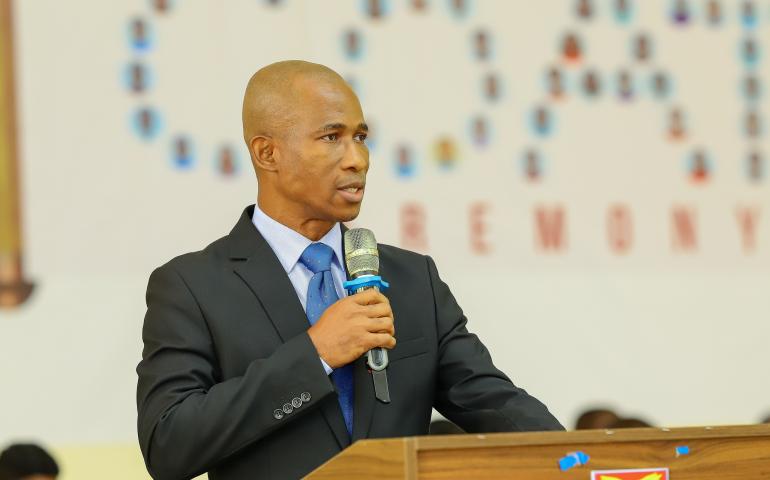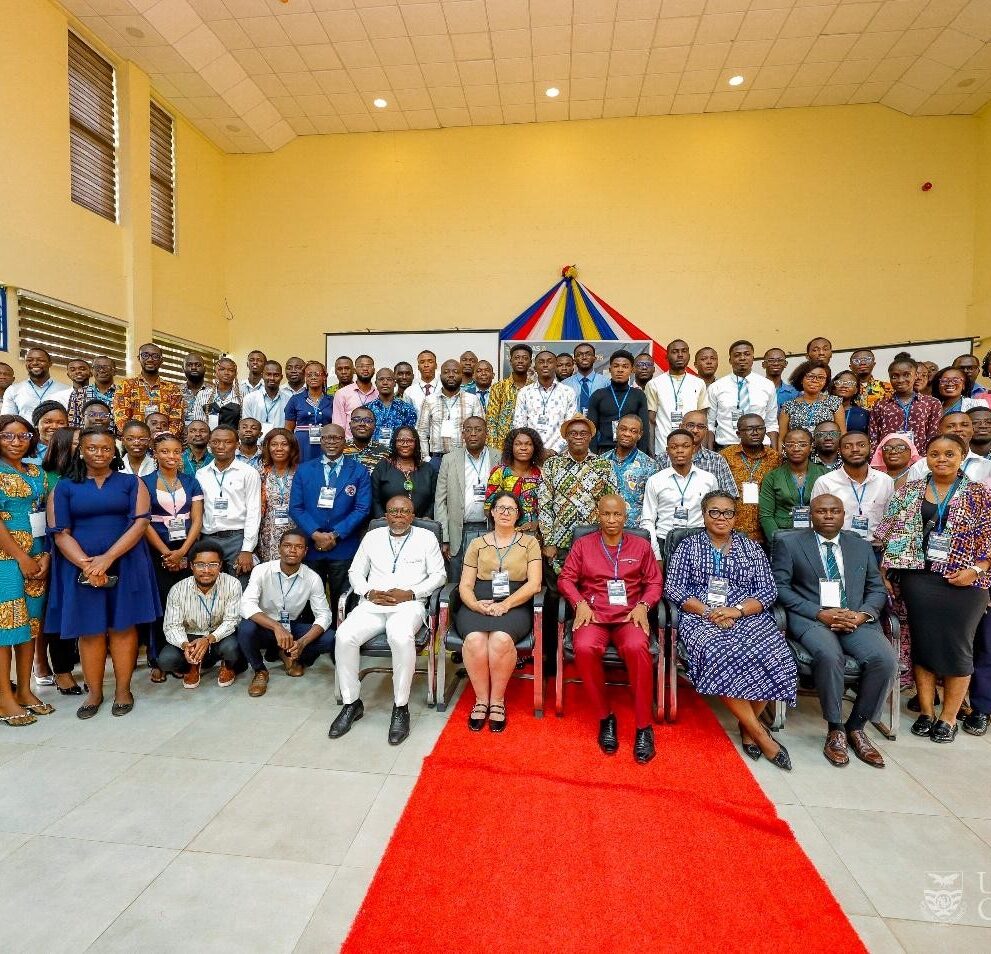
The College of Health and Allied Sciences (CoHAS) at the University of Cape Coast (UCC), in partnership with the Convention of Biomedical Researchers Ghana (CoBREG), convened their landmark 2025 scientific gathering under the banner “Biomedical and Clinical Research in
Africa: Connecting Scientists for Future Innovations.” This biennial symposium, now in its second iteration for CoHAS and fifteenth for CoBREG, brought together a diverse assembly of researchers, policymakers, industry leaders, health professionals, and students. By fostering an environment of open dialogue and collaborative exploration, the conference aimed to chart a course for a resilient healthcare ecosystem on the continent—one driven as much by practical application as by rigorous scholarship.
In his opening remarks, Professor Ellis Owusu Dabo, a renowned epidemiologist and global health specialist, sounded a clarion call for deepened partnerships between academic institutions and industry players. He emphasized that current engagement levels in Ghana hover at under five per cent across all sectors, a statistic he deemed “alarming” for a continent poised on the brink of major health breakthroughs. Professor Dabo cautioned that without meaningful collaboration, much of Africa’s scientific output risks languishing in academic circles with limited translation into real-world solutions. He argued that bridging the gap would not only enhance the preparedness of graduates but would ensure that research excels beyond publication to impact communities directly.
“ Industry has the money, technology, and equipment, while students and faculty aspire to use them. By working together, students will be more fit-for-purpose right from school ”
Professor Ellis Owusu-Dabo
He lamented that countless theses, patents, and novel ideas remain dormant on library shelves for lack of industry engagement and scale-up pathways. “At the end, industry wins, academia wins, government supports, and communities benefit,” he added, framing synergy as a win-win formula for all stakeholders involved.
Beyond partnership rhetoric, Professor Dabo challenged his peers to rethink Africa’s pharmaceutical trajectory by focusing on genotype-tailored interventions. He argued that many existing drugs, designed with Western genomes in mind, underperform in African populations. His challenge to African scientists was unequivocal: leverage the continent’s unique genetic diversity to develop medicines that address local disease burdens more effectively and equitably.
Dr Martins Ekor, Provost of CoHAS, echoed these sentiments by insisting that the future of biomedical and clinical research cannot advance in disciplinary silos. He called for robust networks that transcend borders, blending multidisciplinary expertise and deliberately incorporating emerging scientists into collaborative ecosystems. “It is through such connections that Africa can harness its research potential, contribute to global knowledge, and develop solutions tailored to our unique health challenges,” Dr Ekor affirmed.
He further highlighted CoHAS’s accomplishments in training doctors, nurses, pharmacists, biomedical scientists, and allied health professionals, emphasizing the college’s strengthened community-based education model that extends research benefits to rural and underserved areas. His overview also celebrated fruitful international partnerships across Europe, North America, and Africa, which have accelerated research exchanges and capacity building at UCC.
Taking a technological perspective, Dr Stephen Moore of UCC’s Department of Mathematics illuminated the transformative role of Artificial Intelligence in modern healthcare. He described AI’s power in accelerating diagnosis, optimizing drug discovery pipelines, and personalizing treatment regimens.
Yet Dr. Moore warned that algorithmic solutions are not infallible and must be rigorously overseen by trained health professionals to ensure patient safety, ethical deployment, and avoidance of biased outcomes. His balanced appraisal underscored that innovation must be matched with responsible governance if AI is to fulfill its promise in Africa’s health sector.
In closing, Dr Oksana Ryabinina, President of CoBREG, framed the conference theme as more than a slogan—it was a catalytic call to action. She reminded participants that only through sustained collaboration, inventive problem-solving, and shared commitment can the myriad challenges facing African healthcare be transformed into durable solutions.

As the 2025 CoHAS-CoBREG conference drew to a close, the imperative was clear: forging robust bridges between academia, industry, government, and

“ It reminds us that through collaboration, innovation, and shared dedication, we can turn challenges into solutions and shape a better healthcare future for all ”
Dr Oksana Ryabinina
communities is no longer optional but essential for Africa’s health advancement. By blending rigorous research with industry know-how, harnessing cutting-edge technology under vigilant oversight, and nurturing the next generation of scientists through international partnerships, stakeholders laid a blueprint for sustainable innovation. The collective resolve showcased at UCC marks a pivotal step toward a healthcare landscape where scientific discovery not only thrives within labs and journals but rapidly translates into improved health outcomes across the continent’s diverse populations.
Source: UCC and partners push for stronger industry-academia synergy to advance healthcare



